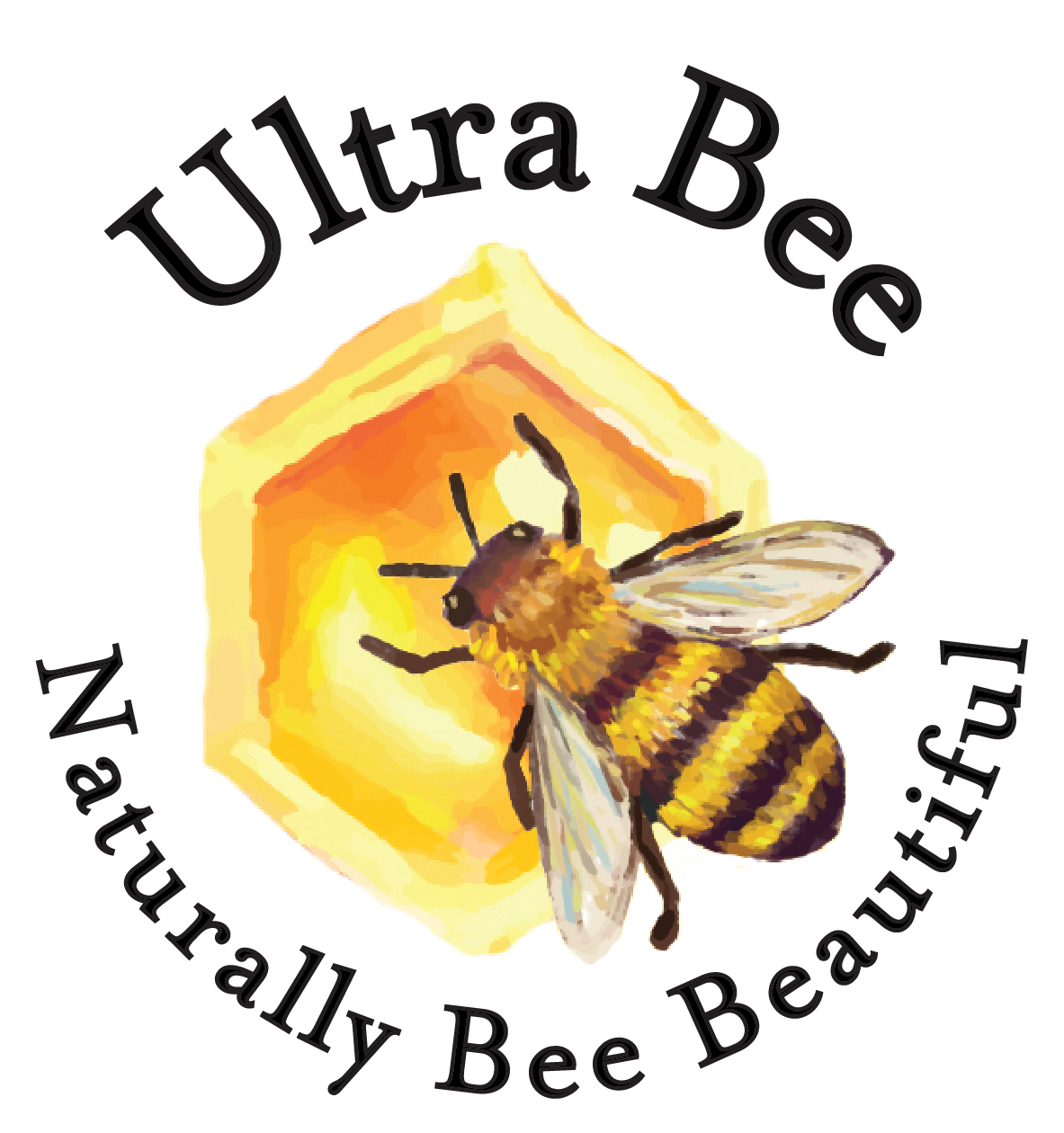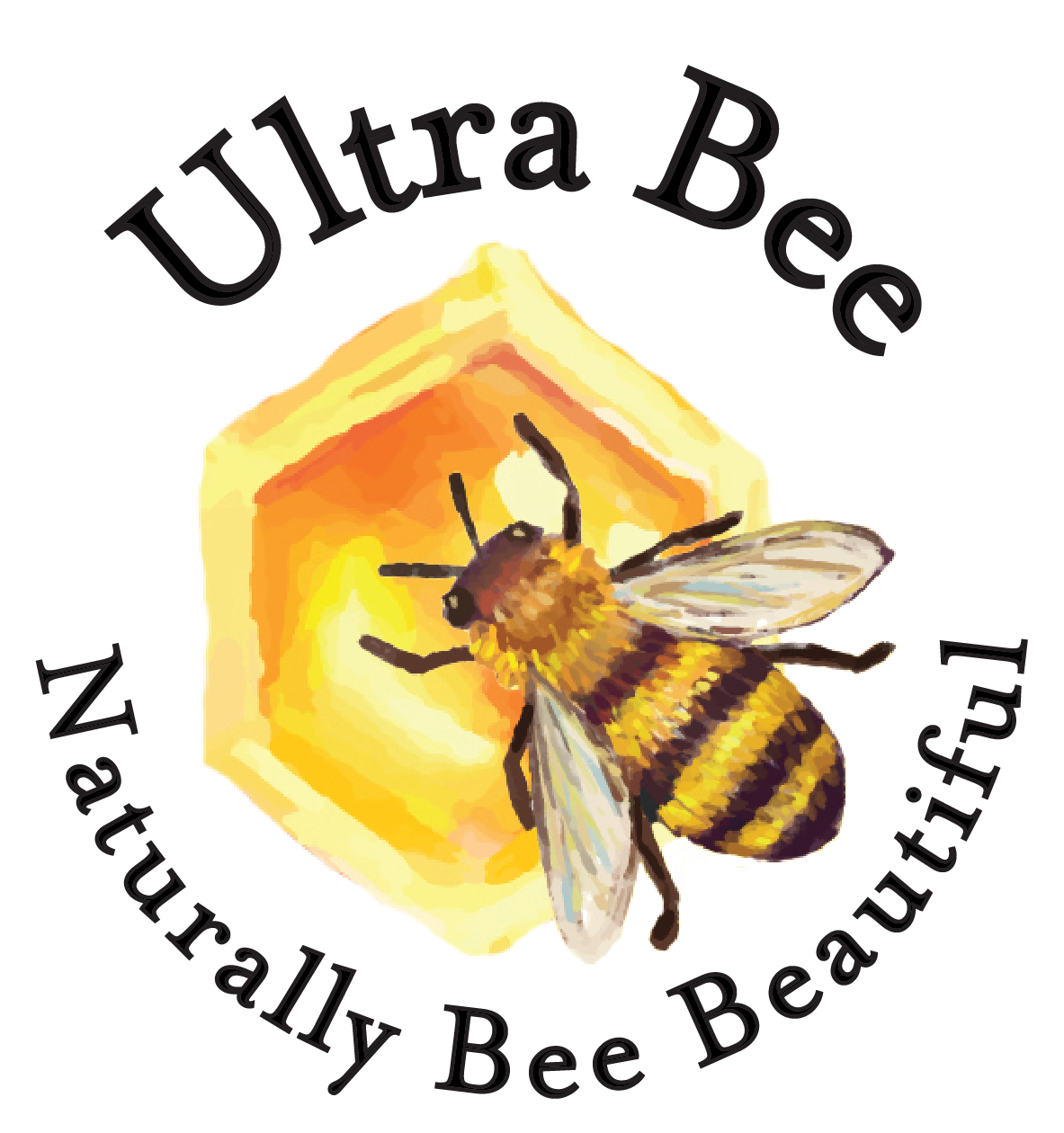Propolis: A Wonder Bees Product and Its Health Benefits
Inci – Propolis Cera
What Is propolis?
Propolis a core ingredients in all the products is a mix of resinous, mastic and balsamic substances, collected by Bees from the buds by certain plants and trees. Propolis which means in Greek “ in front of the city” is used to block entrances or fill gaps in the hive as a natural barrier in order to protect the colony against predators and microbiological attack.
The bees collect the resin out of the buds where these drops are deposited for various uses: to varnish the walls of the hive, to repair and sterilise cells or to coat and embalm foreign bodies – all of which ensure the sanitation of the hive. Beekeepers remove Propolis from the hive without harming the colony. On average between 100g and 300g per hive per year is harvested.
Propolis contains a 300 natural compounds of active substances, amongst them flavonoids, phenolic acid, aromatic acids and numerous trace elements that make this a unique substance found in nature. In recent years scientific research has focused on Propolis and highlighted its significant importance from human wellbeing – it is naturally unique
Bees aren’t only responsible for pollinating a third of the food we eat, but they also produce some wonderful super food substances.
Propolis, collected by bees from tree bark and flower buds, is a critical component to hive hygiene and maintenance. It contains strong antiviral, antifungal and antibiotic properties used to defend the hive. It is the only antibiotic substance to which no strain of virus can become immune to.
In addition to this it is claimed that propolis is more sterile than the most advanced laboratory in the world. Hence it serves to protect the hive, honey and bees from infection and bacterial invasion. Veins of propolis, which is sticky and black in appearance, run through beeswax, serving as a cement to repair cracks and crevices. It also lines the front entrance of the hive, forming the first line of bacterial defence.
Propolis is one of the reasons why honey does not spoil easily; making it a natural preservative that was used to embalm corpses in Ancient Egypt.. It is also used in traditional Apitherapy Remedies
It is also important to emphasise the fact that Propolis contains an “intelligent” antibiotic, which means that unlike synthetic antibiotics, which kill all bacteria, Propolis actually destroys only the bad ones leaving the beneficial probiotic bacteria untouched.
When did people start using propolis?
We’ve been using bee propolis medicinally, both internally and externally, for centuries.
Ancient Egyptians, Greeks and Romans used bee propolis for wound healing and from the 12th Century, bee propolis was used in healing mouth ulcers and throat infections.
In the first and second world war, propolis was also used in first aid to reduce wound infection and speed healing.
A long history of use has meant modern applications of bee propolis have expanded into skin care, dental care, digestive health, immune support, and more.
Bee propolis is used as a preservative, a deodorant and as a skin-purifying agent. It encourages tissue repair and regeneration.
How can it help?
Propolis contains a number of vitamins and minerals such as zinc and B vitamins and high levels of flavonoids, which have antibacterial, antiviral, anti-fungal and anti-inflammatory properties.
Propolis can be taken as a supplement (handy during cold and flu season) if you have allergies or hay fever, or when you’re just feeling a little run down.
Alternatively, you can even apply it topically to skin. There have been numerous studies on the ingredient to find out if it really works.
It’s also indicated signs of boosting the immune system which could reduce your risk of flu, according to research at Kyushu University of Health and Welfare, Japan. Plus, the University of Ljubljana, Slovenia, found it to have antioxidant properties.
Contains natural sterilizing properties which make it a fantastic natural preservative.
Thanks to these studies and the past use of the Bee products in Apitherapy our shared knowledge shows that Beehive Products are of significant interest for the following three areas and more:
- Mouth and Throat Care .
- The inner body.
- Skin care and Body Hygiene
These uses and pharmaceutical forms are applications which continuously reinforce our passion for bee Propolis, Royal Jelly, Pollen, Honey and Beeswax.
Some Health Benefits of Propolis
Additional references available
– Sforcin JM. (2007) Propolis and the immune system: a review. J Ethnopharmacol. 2007 Aug 15;113(1):1-14.
– Vijay D. Wagh (2013) Propolis: A Wonder Bees Product and Its Pharmacological Potentials. Adv Pharmacol Sci. 2013; 2013: 308249. Published online 2013 Dec 9. doi: 10.1155/2013/308249
– De Castro SL. (2001) Propolis: biological and pharmacological activities. Therapeutic uses of this bee-product. Annual Review of Biomedical Sciences. 2001;3:49–83.
– Bankova VS, De Castro SL, Marcucci MC. (2000) Propolis: recent advances in chemistry and plant origin. Apidologie. 2000;31(1):3–15.
Medical Disclaimer (*)
(*) Food Supplements should not be used as a substitute for a varied diet.
Any information or product suggested on this website is not intended to diagnose, treat, cure or prevent any medical condition.
Never disregard medical advice or delay in seeking it because of something you have read on this website.
Consult your primary healthcare physician before using any supplements or making any changes to your regime.





